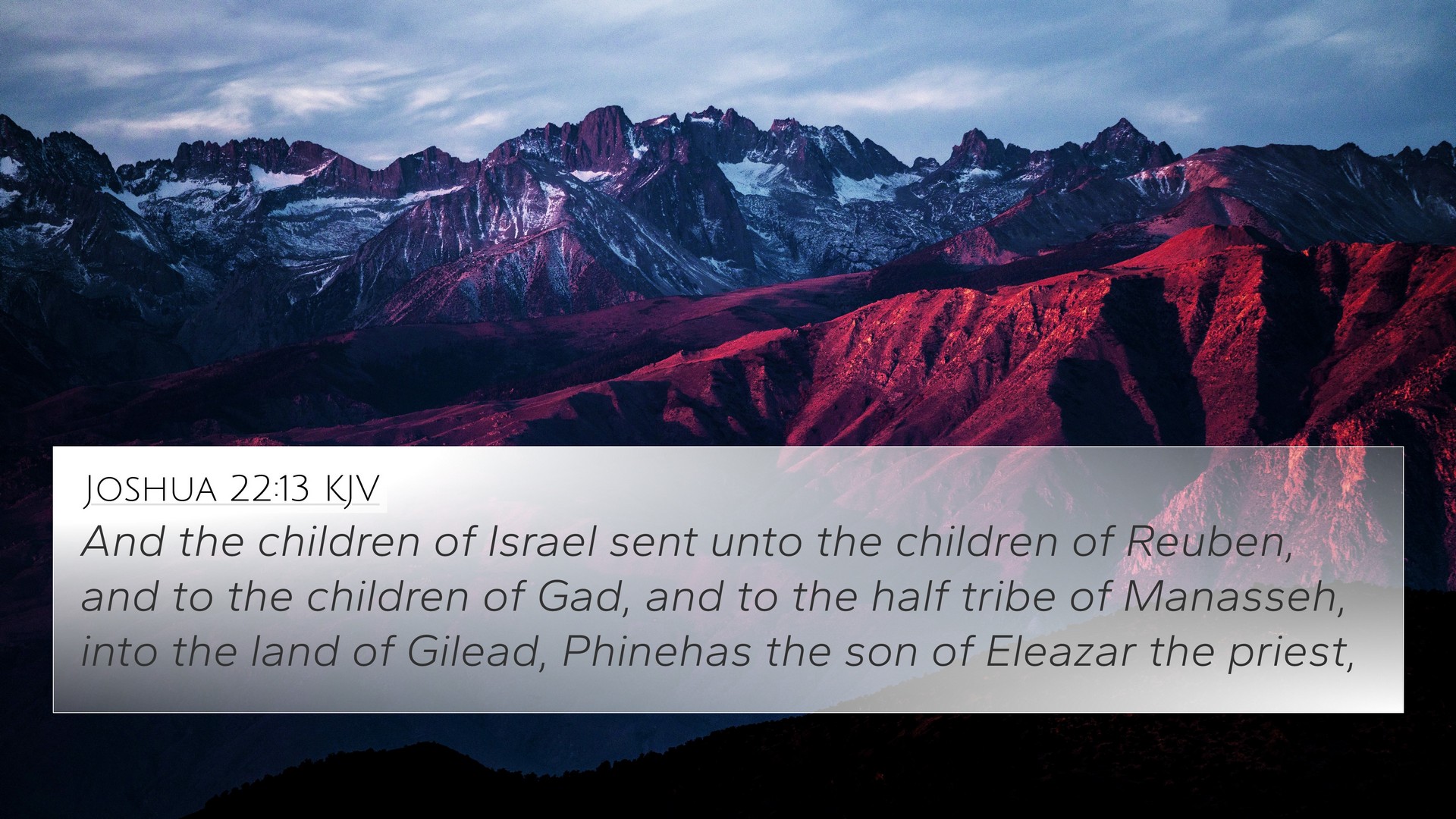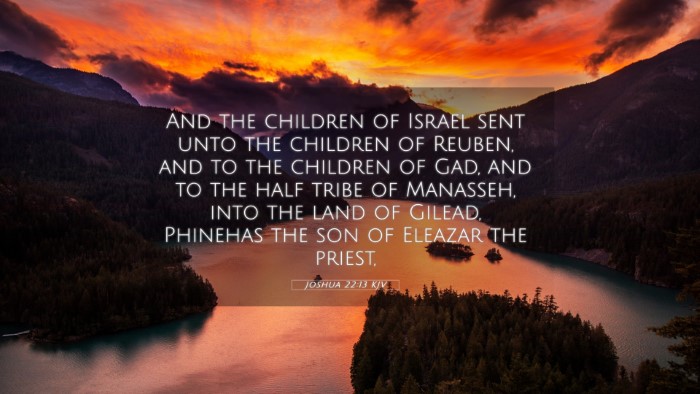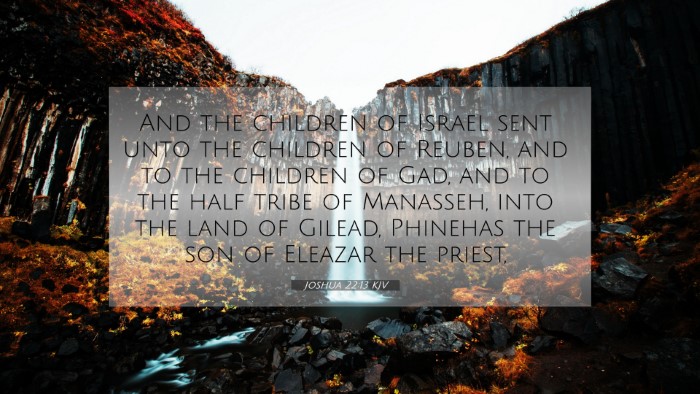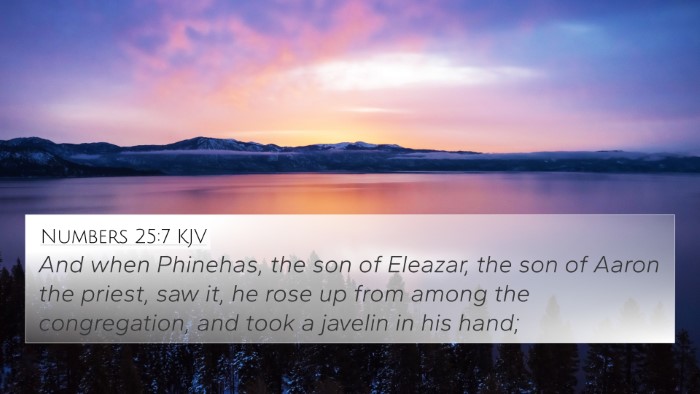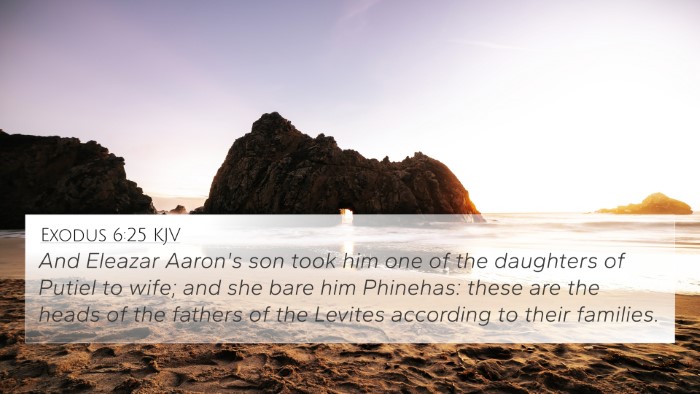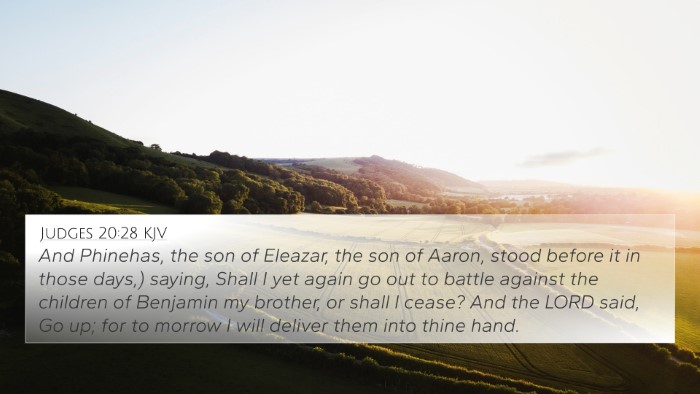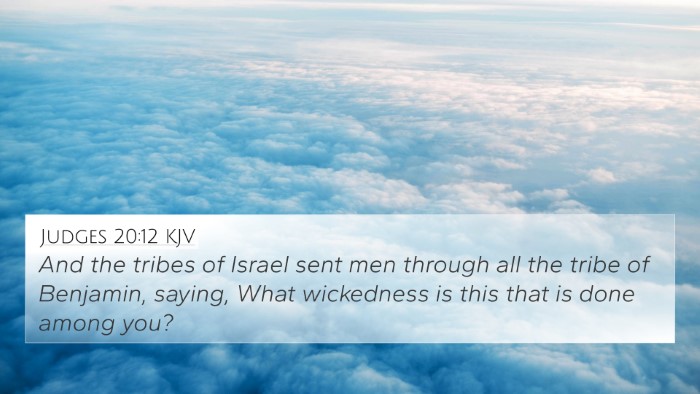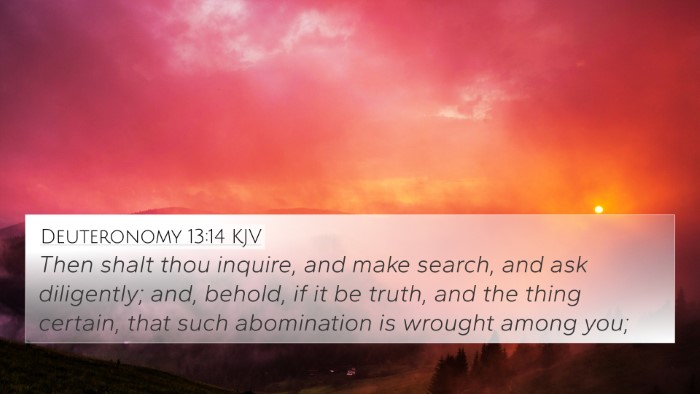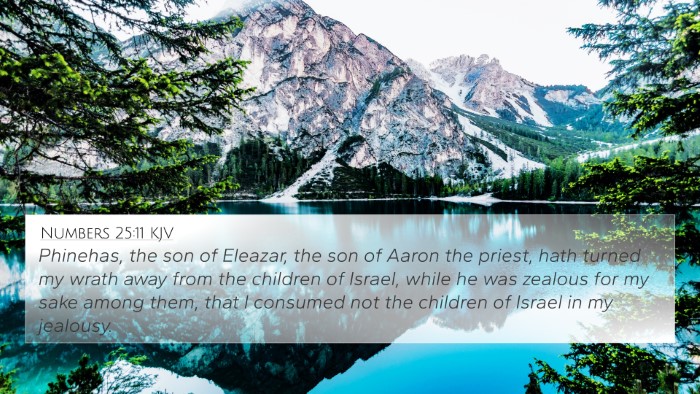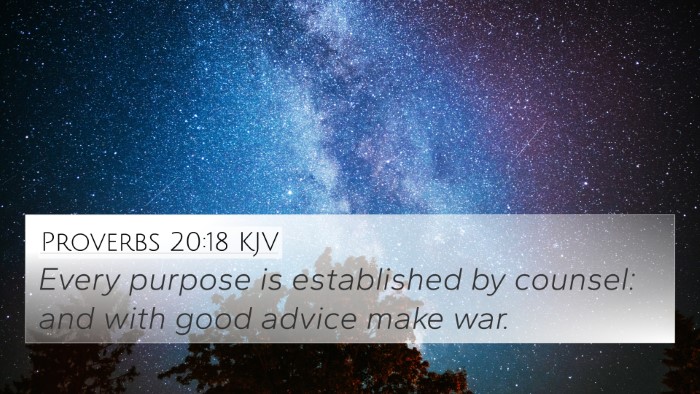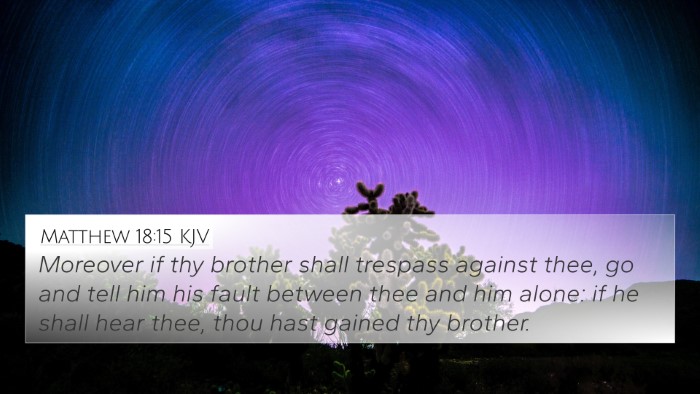Understanding Joshua 22:13
The verse in Joshua 22:13 reads:
"And the children of Israel sent unto the children of Reuben, and to the children of Gad, and to the half tribe of Manasseh, into the land of Gilead, Phinehas the son of Eleazar the priest."
This passage occurs in a context where the tribes of Israel, after completing the conquest of Canaan, were dealing with the tribes that settled on the eastern side of the Jordan River. It highlights themes of unity, leadership, and accountability within the body of Israel.
Thematic Analysis
Analyzing this verse reveals several key themes:
- Unity Among Tribes: The sending of Phinehas to the eastern tribes demonstrates the importance of communication and connection among the Israelites.
- Leadership: Phinehas, the son of Eleazar, is identified as a leader, showcasing the significance of priestly leadership in guiding the people.
- Accountability: The action taken by the tribes of Israel reflects an underlying principle of accountability, ensuring that all members remain aligned with God's commandments.
Commentary Insights
Matthew Henry's Commentary
Matthew Henry emphasizes the necessity of addressing concerns between divided groups within God’s people. He notes that Phinehas was chosen due to his zealousness for God’s honor, advocating for the importance of having leaders who not only fulfill their roles but also embody God’s values.
Albert Barnes’ Notes
Albert Barnes points out that the diplomatic approach taken by Israel demonstrates a proactive stance in maintaining unity and preventing misunderstandings. By sending a representative like Phinehas, the leaders exhibited wisdom and foresight in their approach to potential conflict.
Adam Clarke's Commentary
Adam Clarke elaborates on Phinehas' background, underscoring his distinguished role within the priesthood and his commitment to the covenant. Clarke highlights that the verse conveys a significant event in Israel’s history where leadership and communication are pivotal for the cohesiveness of God’s people.
Bible Cross-References
Joshua 22:13 relates to various other biblical texts that enhance its understanding:
- Numbers 25:7-13: Discusses Phinehas and his zeal for God, which supports the choice of Phinehas to lead the delegation.
- Joshua 1:12-15: Introduces the context of the eastern tribes and their agreement with Israel.
- Hebrews 13:17: Highlights the importance of obeying leaders, resonating with the need for accountability in Joshua 22:13.
- John 17:21: Speaks of unity among believers, which is a theme echoed in this verse’s context.
- Proverbs 11:14: Emphasizes the importance of wise leadership and counsel, mirroring the intentions of sending Phinehas.
- Acts 15:6-21: Provides a New Testament example of council and communication to resolve disputes, akin to the actions here.
- Matthew 18:15-17: Explains the process for addressing grievances, aligning with the accountability theme.
- Ephesians 4:1-3: Encourages unity in the body of Christ, relevant to the interaction among the tribes.
- Philippians 1:27: Discusses standing firm in one spirit, parallel to the collective action of the Israelites.
- 1 Peter 5:1-2: Offers further insight into the role of leadership and shepherding within God’s community, relating closely to Phinehas’ mission.
Comparative Analysis
The linking of Joshua 22:13 to these verses promotes a deeper understanding of leadership, accountability, and ecclesiastical communication. The connections illustrate the ongoing dialogue and themes present in scripture that pertain to unity and governance among God’s people.
Tools for Bible Cross-Referencing
Utilizing tools for Bible cross-referencing can significantly aid in studying scripture. Some recommended resources include:
- Bible Concordance: A comprehensive tool for locating specific words and themes throughout the Bible.
- Bible Cross-Reference Guide: Helpful for identifying related verses quickly.
- Cross-Reference Bible Study: Methods that emphasize the interconnections among biblical texts.
- Bible Chain References: A system to trace themes through a series of linked verses.
Conclusion
Joshua 22:13 encapsulates critical lessons on unity, leadership, and accountability that apply to both ancient Israel and contemporary Christian practice. Engaging with this verse through cross-referencing Biblical texts enriches the understanding of its implications within the broader narrative of scripture. By exploring the relationships between these verses, readers can draw deeper insights into God's intentions and the cooperative spirit essential for His community.
